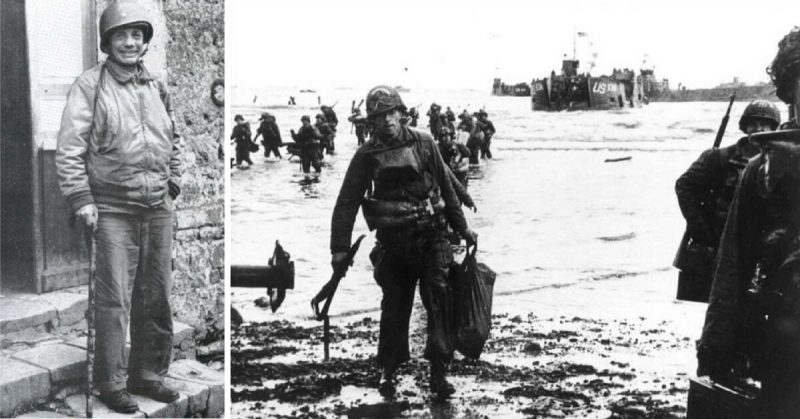Former President Teddy Roosevelt was quite the amazing man. Sure, he was our nation’s youngest president and founder of the Bull Moose party, but he did so much more. Suffering from asthma as a child, Roosevelt took it upon himself to be as active as he could be. He ran a ranch in the Dakotas, served as a legendary Roughrider, and barely escaped death on a two-year trip down the Amazon. Roosevelt and his son both suffered from arthritis, but that did not stop them one bit from leading amazing and inspiring lives.
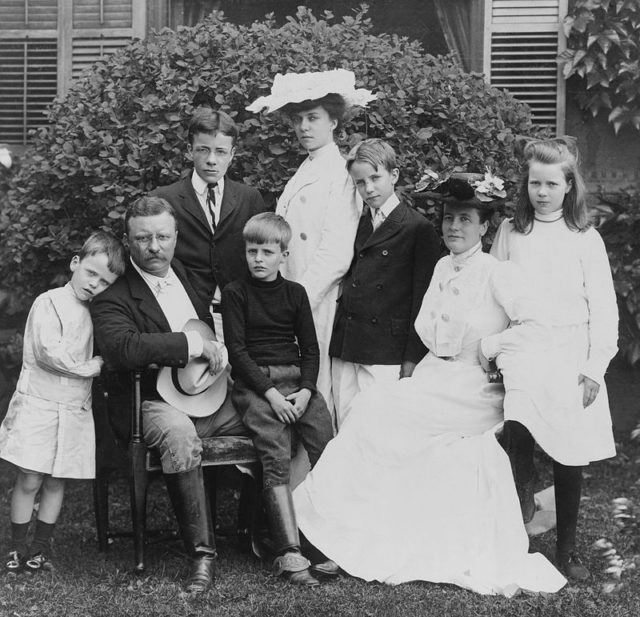
Roosevelt Jr. followed his father’s footsteps by going to Harvard. He had a natural business talent and collected quite a fortune before WWI started. The Roosevelts were a patriotic and military family, and so three of Roosevelt Sr.’s four sons went to a voluntary officers training camp while the US remained neutral in the war.
Teddy Jr. learned enough from this camp to be a battalion commander when the US entered the war. Teddy Jr. was known to personally lead his men from the front. He suffered injuries from the toxic gas and was wounded in battle. He even shelled out a truckload of his own money to buy new combat boots for his entire battalion. Though he lost his youngest brother, Quentin, during the war, Teddy Jr. persevered and kept fighting. At the end of the war, he was instrumental in organizing the American Legion veteran’s organization.
After the war, Teddy Jr. was appointed as Governor of Puerto Rico. He was known for doing an excellent job at keeping the island’s economy functioning during the Great Depression. He learned Spanish during his governorship and embraced many of the local traditions. With this success, he was sent to the Philippines where he had a short-lived, but popular governorship.
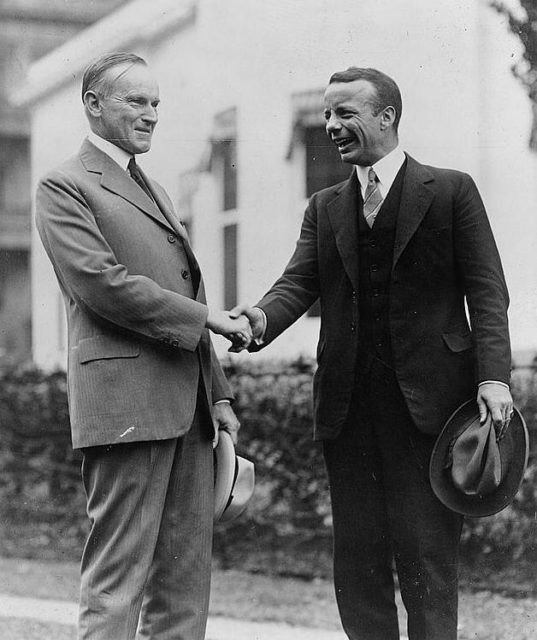
When WWII finally erupted, Teddy Jr. was more than ready. In 1940 he went to a military refresher course specifically aimed at those who left the military to pursue business or politics. By the end of 1941, he was assigned to the same unit he served with during WWI and promoted to Brigadier General.
Now in his 50s, Roosevelt Jr. suffered from heart problems and arthritis, and often had to walk with a cane. Despite this, he led attacks in the North African campaign, Sicily, and Italy. He was said to have loved his division too much, sometimes disliked by his superiors, but overall Roosevelt was a widely respected leader. He visited his men on the front lines and made tough decisions quickly.
Sent to England, Roosevelt Jr. enjoyed a commanding role, with no danger of being on the beach. This didn’t sit well with him, so he heavily protested for a combat role. After a written protest, General Barton reluctantly let him lead the first wave on Utah Beach, not expecting to see Roosevelt Jr. alive again.
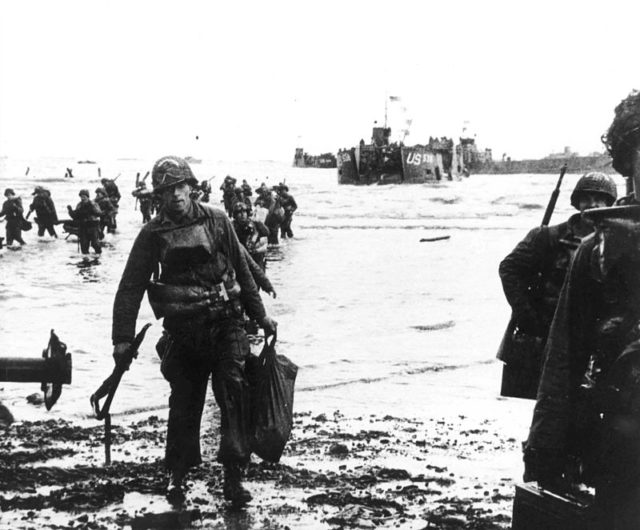
Utah Beach’s landing was about a full mile away from their target landing zone. Roosevelt was indeed one of the first off the boats and took the new landing in stride, famously saying “We’ll start the war from right here.” Teddy took on many roles during the invasion. Many witnesses said he fixed complicated traffic jams on the beach. He raised the troops morale with funny stories and tales about his father. He was occasionally under heavy enemy fire but seemed entirely unbothered by it, urging his men onward and creating new objectives based on the force’s new location.
All the while, Teddy was gathering new information about the location and thinking of ways in which the terrain and men could be used to their best advantage. General Barton, surprised to see Teddy alive, talked with him and was astounded by how much information Teddy had for him. Teddy was able to be an efficient and heroic leader despite the fact that his son Quentin was among the first wave to land at Omaha Beach.
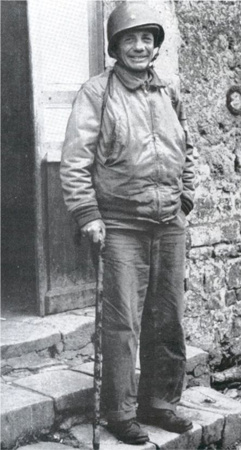
Roosevelt pushed forward for another month, being able to reunite with his son before he was stricken with a heart attack. Teddy Jr. was dead at midnight on July 12th, two hours after the onset of his attack. General Barton had put in the paperwork to get Roosevelt the Distinguished Service Cross.
After all of the stories of his deeds at Utah Beach got around, the award was upgraded to the Medal of Honor. Teddy Jr. was fondly remembered after his death, even by those commanders that disagreed with his command style. General Patton said Roosevelt was “one of the bravest men I’ve ever known.”
